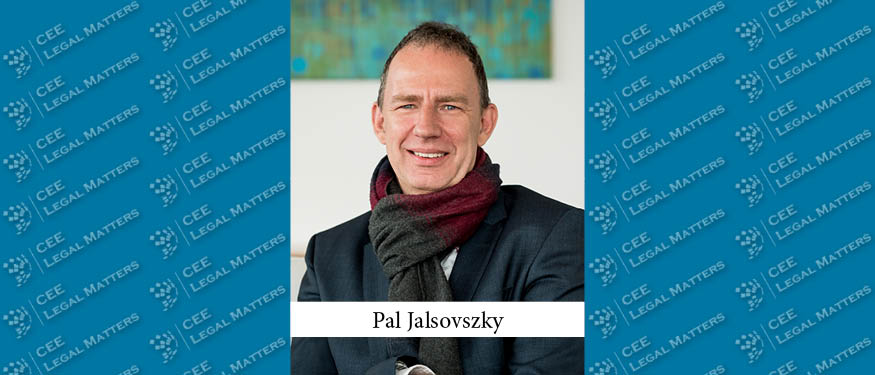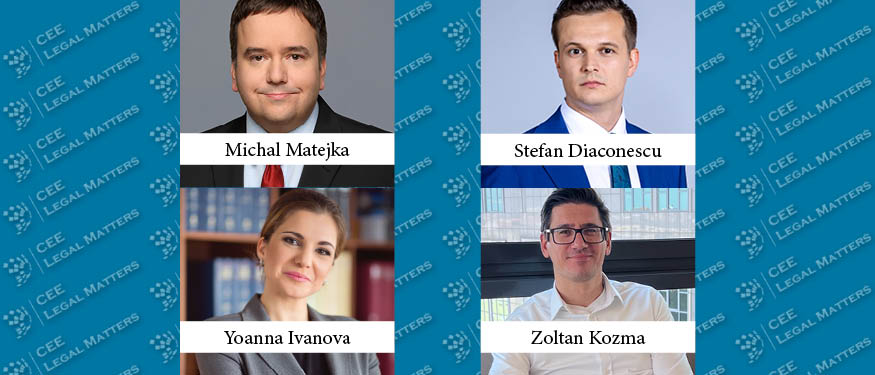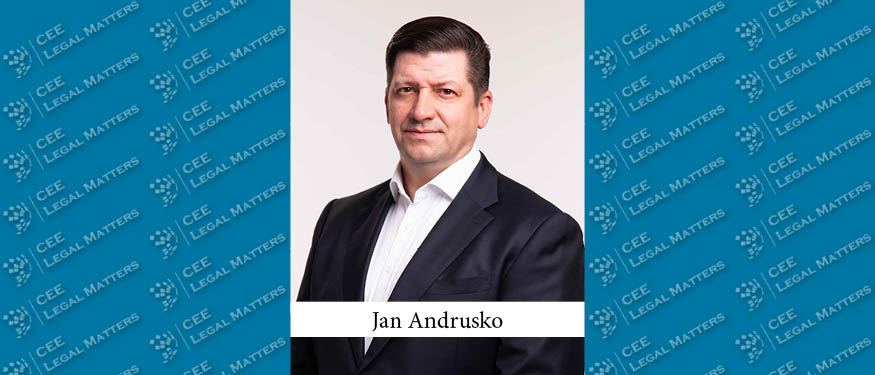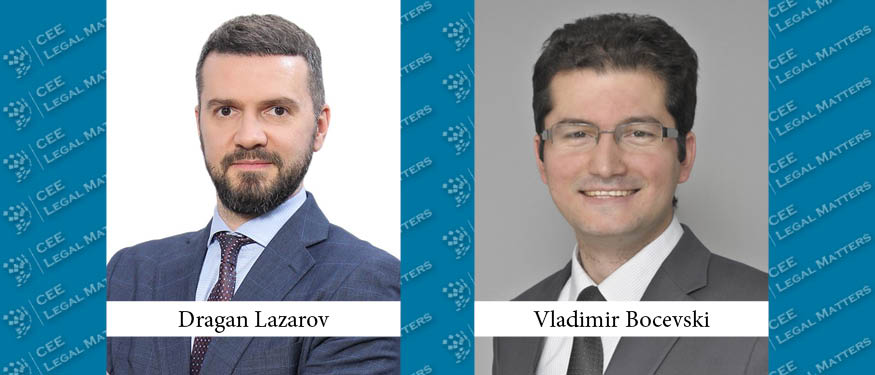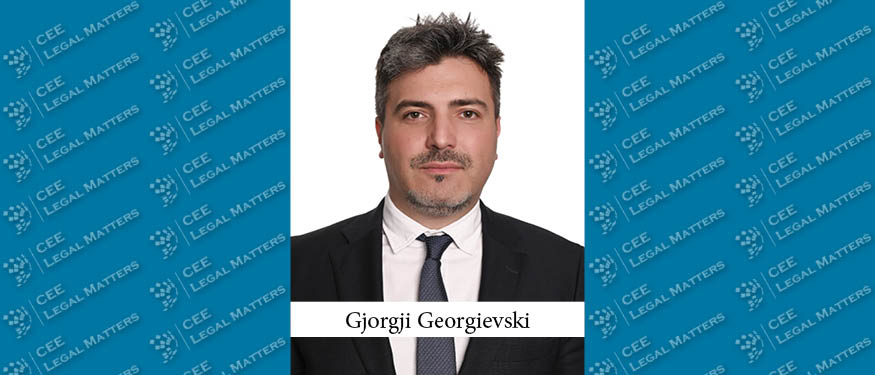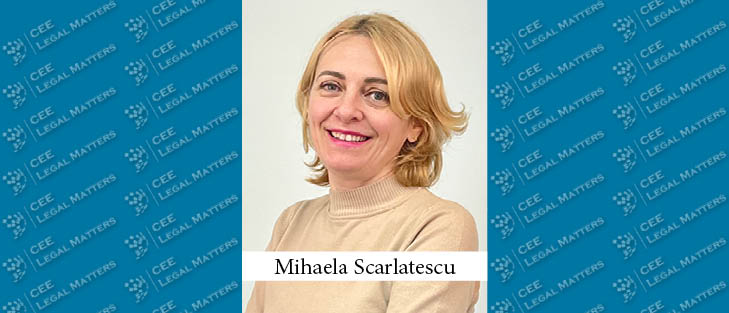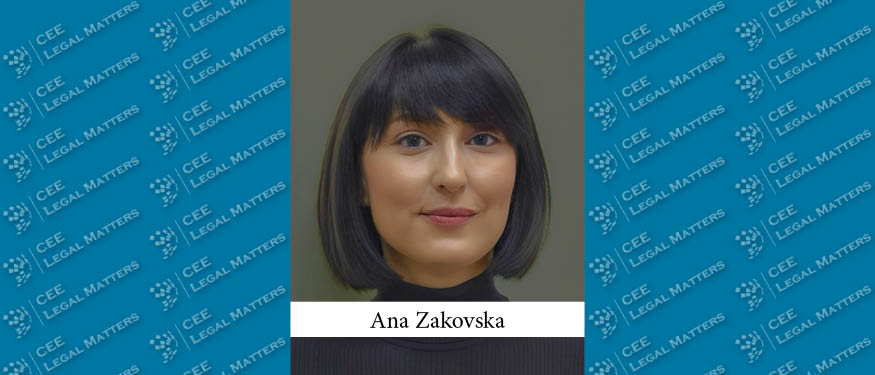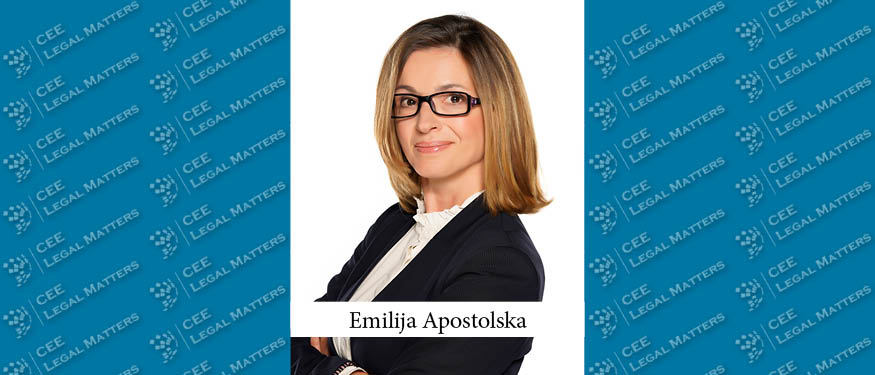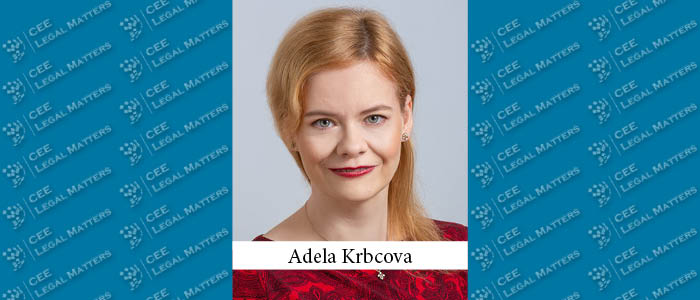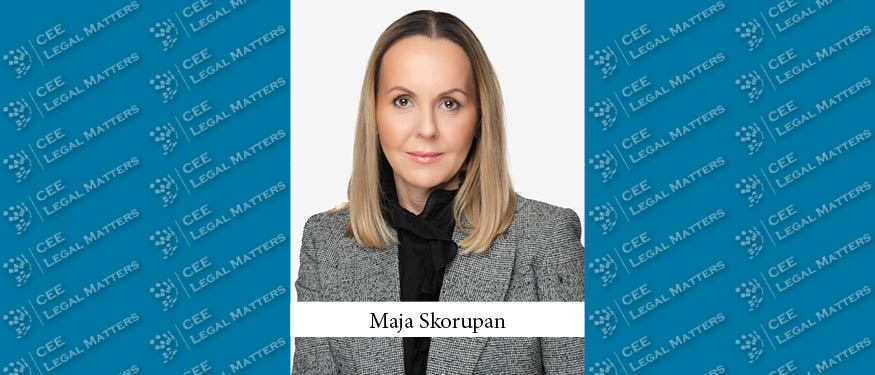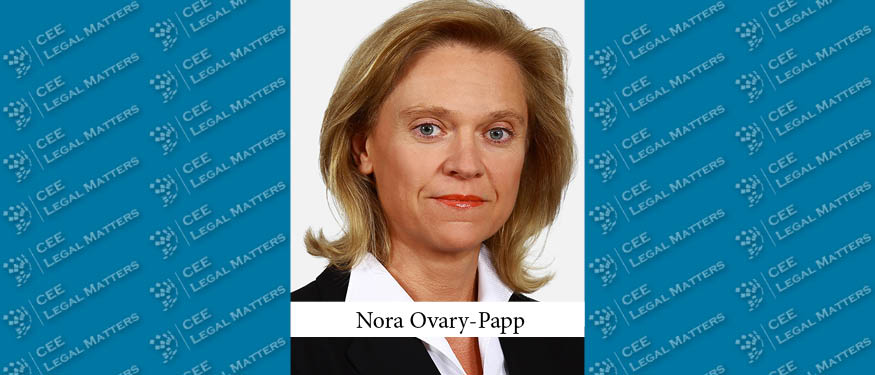This is not the sentence commonly heard in law firms across the region at the moment. But that might not be the case for much longer.
The Corner Office: Inflationary Pressure
In The Corner Office, we ask Managing Partners at law firms across Central and Eastern Europe about their backgrounds, strategies, and responsibilities. This time around, we dug deeper into a discussion point that came up during our last event: During our annual General Counsel Summit held in Prague recently, we’ve learned that even with the inflation in CEE having hovered around 14-20% in recent years, legal fees have remained static or have even decreased in some jurisdictions. Given that, how has your firm managed to consistently deliver high-quality service under these constraints?
“Don’t Trust That Email” – An Increasingly Recurring Note from Law Firms
An increasing number of law firms have been publicly warning about the misuse of their names in phishing and cyberattacks. PRK Partners Partner Michal Matejka, Musat & Asociatii Partner Stefan Diaconescu, Gugushev & Partners Partner and Head of Data Protection Yoanna Ivanova, and DLA Piper Hungary Partner and Head of Intellectual Property and Technology Zoltan Kozma discuss the growing trend.
Looking In: Interview with Jan Andrusko of Perkins Coie
In our Looking In series, we talk to Partners from outside CEE who are keeping an eye on the region (and often pop up in our deal ticker) to learn how they perceive CEE markets and their evolution. For this issue, we sat down with Perkins Coie London-based Partner Jan Andrusko.
Cybersecurity in the AI Age
As AI increasingly intersects with nearly every dimension of digital security, so too does the consciousness of creating conditions to use it in a secure cyberspace. As Space Hellas Group General Counsel Konstantinos Argyropoulos puts it, “there is an acceleration in the way AI interfaces with cybersecurity,” pointing to an emerging arms race in which malicious actors and defenders alike adopt increasingly automated tactics. Argyropoulos shared his thoughts on this during the CEE Legal Matters GC Summit 2025 in Prague.
In RE RO: Romania’s Real Estate Surge
Over the past few years, Romania’s property market has matured from a fragmented landscape into one defined by stability, sustainability, and strategic sectoral shifts. Musat & Asociatii Partner Monia Dobrescu, Tuca Zbarcea & Asociatii Partner Razvan Gheorghiu-Testa, and Nestor Nestor Diculescu Kingston Petersen Partner Vlad Tanase take a closer look at how secondary cities are outpacing the capital in price growth and major players are doubling down on assets.
A Regional Standout: Romania’s Vibrant Legal Media
Romania’s legal media has been remarkably vibrant, outpacing its regional peers in both volume and influence. Juridice.ro Executive Director Daria Niculcea, who has witnessed its evolution firsthand, Act Legal Marketing Manager Ana Maria Manea (Pandelea), with the experience of the firm’s regional marketing strategy across 18 markets, and Pro/Lawyer CEO Mate Bende who provides PR consultancy examine how different factors shaped this unique ecosystem.
FDI Momentum in North Macedonia
Foreign direct investment in North Macedonia has surged in recent years, with 2024 marking a particularly strong period for inflows, despite global uncertainties such as supply-chain disruptions and regional economic slowdowns, according to Law Office Lazarov Managing Partner Dragan Lazarov and Cakmakova Advocates Junior Partner Vladimir Bocevski.
Fresh Leadership, Fresh Focus: Macedonian Competition Authority Picks Up Speed
Driven largely by fresh blood in its leadership, North Macedonia’s Commission for the Protection of Competition (CPC) has been noticeably more active in the past month, according to ODI Law Partner Gjorgji Georgievski. The stage has been set for rigorous enforcement and heightened consumer protection, redefining how market players navigate compliance in the country.
Inside Insight: Interview with Mihaela Scarlatescu of Farmexim
Farmexim Head of Legal and Compliance Director Mihaela Scarlatescu discusses her 25-year legal journey, leading in-house strategy across pharma and retail, and balancing legal precision with business impact.
Inside Insight: Interview with Ana Zakovska of IT Labs
IT Labs Group General Counsel and DPO Ana Zakovska discusses her transition from private practice to in-house roles in the ICT sector, the evolving nature of legal work, and how privacy and AI are shaping the industry.
Know Your Lawyer: Emilija Apostolska of Apostolska Aleksandrovski & Partners
An in-depth look at Emilija Apostolska of Apostolska Aleksandrovski & Partners covering her career path, education, and top projects as a lawyer as well as a few insights about him as a manager at work and as a person outside the office.
Czech Republic: Will the Dismissal Process Be Faster?
A breach of labor obligations by an employee has been discovered in your company, the investigation and assessment have taken several weeks, and since immediate dismissal is risky, you have decided to proceed with dismissal for a serious breach of labor obligations. If this decision is made at the beginning of the month and no one is ready to agree on mutual termination, you won’t get rid of the employee any sooner than a timeframe of almost three months. Furthermore, if there are delays in the delivery of mail by the post office or the employee falls ill, it will take even longer.
Poland: New Obligations for Employers to Protect Employees Against Mobbing
The Polish Ministry of Family, Labor, and Social Policy has prepared an amendment to the Labor Code, which in particular amends the existing provisions on mobbing. The new provisions are expected to enter into force in 2025. The aim of the amendment is to remove ambiguities in the current provisions, simplify procedures for pursuing claims, and increase the responsibility of employers for negative phenomena in the work environment, including mobbing.
Slovenia: Protection of Disabled Employees Against Termination of Employment Contracts
The protection against the termination of employment contracts for disabled workers who still have residual working capacity is guaranteed both by the Employment Relationships Act (ZDR-1) and the Employment Rehabilitation and Employment of Disabled Persons Act (ZZRZI). Despite relatively uniform case law that has developed over the years, two recent rulings from the Higher Labor and Social Court have set new, stricter criteria for assessing the justification of dismissal reasons, which raise numerous dilemmas among employers in practice.
Hungary: Internal Investigations – Why a Robust Internal Policy Is the Best Corporate Safeguard
Internal corporate investigations are no longer occasional procedures but essential elements of organizational integrity and risk management. In Hungary, where labor law, data protection, and criminal law intersect, companies must handle investigations with diligence. While whistleblowing systems are mandatory for certain Hungarian organizations, effectively managing reports remains challenging. Establishing robust internal policies and adhering to data protection standards from the outset are the best safeguards against corporate liability risks, as improperly handled evidence may be inadmissible in legal proceedings. As a result, internal investigations must emphasize transparency, proportionality, and lawful data management, particularly when competition law or criminal law issues arise.
Slovakia: Practical Issues with Electronic Signing of Labor Documents
As digital solutions become more widespread in business operations, the use of electronic signatures for labor-related documents is increasingly common in Slovakia. However, it is crucial for both employers and employees to understand whether such signatures hold legal validity under Slovak labor law. This article examines the key points surrounding the use of electronic signatures in labor documents.
Austria: Key Considerations for Employers During Layoffs
In Austria, workforce restructuring is often necessary for companies facing economic challenges or needing to reorganize. However, the process is heavily regulated, and employers must ensure compliance with legal requirements to avoid complications and potential legal risks. This article outlines the key steps and legal obligations employers must follow when carrying out workforce reductions in Austria, with a particular focus on the importance of detailed planning, timing, and legal compliance.

